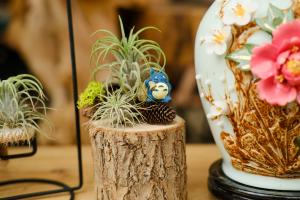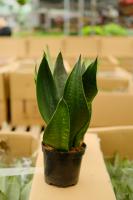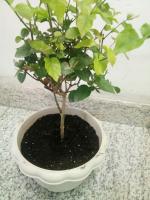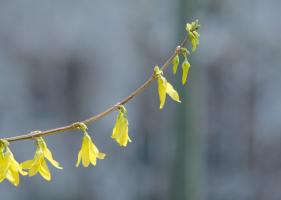Introduction
Trees and flowering plants are an essential part of the natural world, providing a range of benefits to the environment and human society. In this article, we will explore the various reasons why it is important to plant and care for these vital living entities.
Improving Air Quality
One of the most significant benefits of trees and flowering plants is their ability to improve air quality. These plants absorb carbon dioxide and other pollutants while releasing oxygen into the atmosphere. The more trees and flowering plants we have, the better the air quality will be, leading to significant health benefits for humans and other living beings.
Preventing Soil Erosion
Trees and flowering plants can also help prevent soil erosion, which is a process that can lead to desertification, loss of natural habitats, and even landslides. Trees and plants hold the soil together with their roots, preventing it from washing away during heavy rainfall or strong winds.
Providing Habitat and Food for Wildlife
Trees and flowering plants are essential for the survival of animals and insects, providing them with food and shelter. A diverse range of plant life can support a wide variety of wildlife, from birds and butterflies to bees and other pollinators. Planting trees and flowering plants can help create vital habitats for endangered and vulnerable species, contributing to their conservation and long-term survival.
Reducing Urban Heat Island Effect
The urban heat island effect is a phenomenon that occurs when urban areas become significantly warmer than surrounding rural areas due to the concentration of buildings and human activity. Trees and flowering plants can help reduce this effect by shading the ground and cooling the air. The shade provided by trees can also help reduce the need for air conditioning, reducing energy consumption and associated greenhouse gas emissions.
Improving Mental Health
Finally, planting and caring for trees and flowering plants can have significant benefits for mental health and well-being. Studies have shown that spending time in green spaces can reduce stress, anxiety, and depression, leading to improved mental health outcomes for individuals and communities.
Conclusion
As we have seen, trees and flowering plants are vital to the health of our planet and the well-being of our communities. By planting and caring for these living entities, we can help reduce air pollution, prevent soil erosion, provide habitats for wildlife, reduce the urban heat island effect, and improve our mental health. It is essential that we recognize the importance of these green assets and take action to protect and enhance them for future generations.

 how many times do yo...
how many times do yo... how many planted tre...
how many planted tre... how many pine trees ...
how many pine trees ... how many pecan trees...
how many pecan trees... how many plants comp...
how many plants comp... how many plants can ...
how many plants can ... how many plants and ...
how many plants and ... how many pepper plan...
how many pepper plan...































